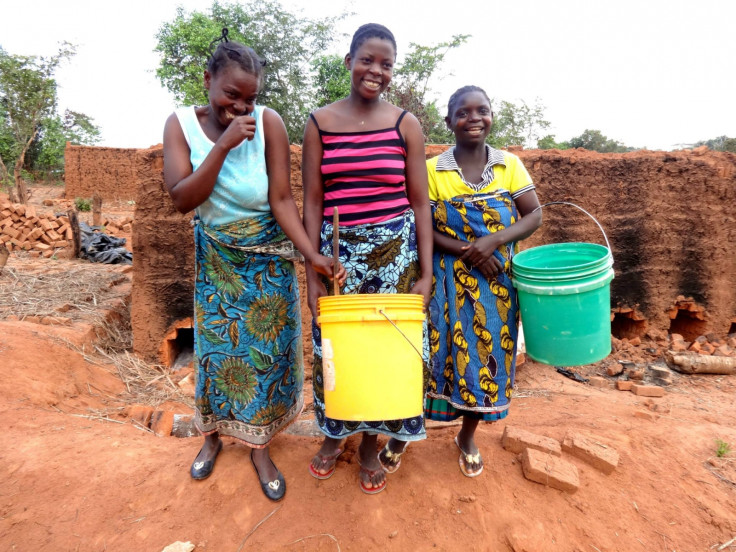Eight of the 10 least happy countries in the world are in Africa, claims UN-sponsored report
World Happiness Report ranks Central African Republic, Burundi and Tanzania as 'unhappiest' African nations.

Eight of the 10 least happy countries in the world are in Africa, according to a United Nations-commissioned report.
The World Happiness Report (WHR), published since 2012, has found that happiness is less evident in Africa than in other regions of the world. While there are 54 African nations, the report tracks the happiness of 44 African countries polled by Gallup World Poll (GWP).
The least happy country in the world was the Central African Republic, followed by Burundi and Tanzania. Other African nations such as Rwanda, Togo, Guinea, Liberia and South Sudan were also at the bottom of the ranking of 155 countries. Algeria, Mauritius, Libya and Morocco ranked as the happiest African countries.
In contrast, Norway has jumped from 4th place in 2016 to 1st place this year, followed by Denmark, Iceland and Switzerland.
The WHR ranking is based on a simple question asked to more than 1,000 people every year in each country.
"Imagine a ladder, with steps numbered from 0 at the bottom to 10 at the top. The top of the ladder represents the best possible life for you and the bottom of the ladder represents the worst possible life for you. On which step of the ladder would you say you personally feel you stand at this time?".
In the report'section focusing on Africa, academics Valerie Møller, Benjamin J. Roberts, Habib Tiliouine and Jay Loschky analysed statistics to explain why one country is happier than another by using factors such as attitudes toward law and order, institutions and infrastructure including perceived corruption, economic strength, jobs, well-being, and other topics.
The experts found that only two out of 54 African nations – Sierra Leone and Cameroon – have made gains in happiness over the past 10 years.
"There are also considerable inequalities in life evaluations in African countries, and this inequality in happiness has increased over the past years," the report stated.
Experts, however, stressed that 21st Century Africa "is no longer associated only with 'endless famine, disease, and dictatorship'", for the Africa Rising narrative "overturned earlier stereotypes, projected a continent with a growing urban middle class market with new consumer appetites".
The African continent is home to about 16% of the world's population – some 1.2 billion people.
© Copyright IBTimes 2024. All rights reserved.






